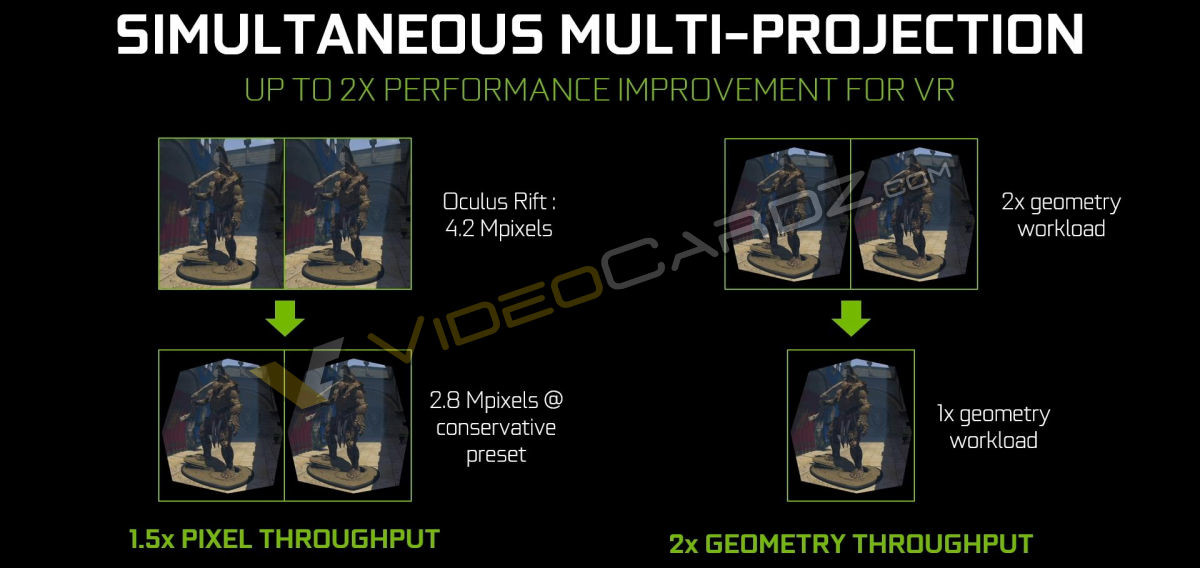
The number of images processed per second was measured and then averaged over the 10 experiments.

#Fp64 of gtx 1080 ti vs classic gtx titan code#
FP32 data comes from code in the Lambda TensorFlow benchmarking repository. Raw performance data FP32 throughputįP32 (single-precision) arithmetic is the most commonly used precision when training CNNs. It's very fast, handles well, expensive but not ostentatious, and with the same amount of money you'd pay for the Bugatti, you can buy the Porsche, a home, a BMW 7-series, send three kids to college, and have money left over for retirement.Īnd if you think I'm going overboard with the Porsche analogy, you can buy a DGX-1 8x V100 for $120,000 or a Lambda Blade 8x 2080 Ti for $28,000 and have enough left over for a real Porsche 911. The RTX 2080 Ti, on the other hand, is like a Porsche 911. It's one of the fastest street legal cars in the world, ridiculously expensive, and, if you have to ask how much the insurance and maintenance is, you can't afford it. 2080 Ti is a Porsche 911, the V100 is a Bugatti Veyron Why would anybody buy the V100? It comes down to marketing. Most use something like ResNet, VGG, Inception, SSD, or Yolo. Fewer than 5% of our customers are using custom models. However, this is a pretty rare edge case. If you are creating your own model architecture and it simply can't fit even when you bring the batch size lower, the V100 could make sense. If you absolutely need 32 GB of memory because your model size won't fit into 11 GB of memory with a batch size of 1.If you're not sure if you need FP64, you don't. If you're doing Computational Fluid Dynamics, n-body simulation, or other work that requires high numerical precision (FP64), then you'll need to buy the Titan V or V100s. There are, however, a few key use cases where the V100s can come in handy: If you're not AWS, Azure, or Google Cloud then you're probably much better off buying the 2080 Ti.
#Fp64 of gtx 1080 ti vs classic gtx titan series#
The RTX and GTX series of cards still offers the best performance per dollar. How can the 2080 Ti be 80% as fast as the Tesla V100, but only 1/8th of the price? The answer is simple: NVIDIA wants to segment the market so that those with high willingness to pay (hyper scalers) only buy their TESLA line of cards which retail for ~$9,800. 2080 Ti vs V100 - is the 2080 Ti really that fast? Under this evaluation metric, the RTX 2080 Ti wins our contest for best GPU for Deep Learning training. We then averaged the GPU's speedup over the 1080 Ti across all models:įP32 and FP16 performance per $. Throughput of each GPU on various models raw data can be found here. Speedup is a measure of the relative performance of two systems processing the same job.

We divided the GPU's throughput on each model by the 1080 Ti's throughput on the same model this normalized the data and provided the GPU's per-model speedup over the 1080 Ti. Performance of each GPU was evaluated by measuring FP32 and FP16 throughput (# of training samples processed per second) while training common models on synthetic data. Tesla V100 benchmarks were conducted on an AWS P3 instance with an E5-2686 v4 (16 core) and 244 GB DDR4 RAM. HardwareĪ Lambda deep learning workstation was used to conduct benchmarks of the RTX 2080 Ti, RTX 2080, GTX 1080 Ti, and Titan V. You can view the benchmark data spreadsheet here. 80% as fast as the Tesla V100 with FP32, 82% as fast with FP16, and ~1/5 of the cost.Īll experiments utilized Tensor Cores when available and relative cost calculations can be found here.96% as fast as the Titan V with FP32, 3% faster with FP16, and ~1/2 of the cost.35% faster than the 2080 with FP32, 47% faster with FP16, and 25% more costly.37% faster than the 1080 Ti with FP32, 62% faster with FP16, and 25% more costly.For single-GPU training, the RTX 2080 Ti will be. View Lambda's GPU workstation TLDR Īs of February 8, 2019, the NVIDIA RTX 2080 Ti is the best GPU for deep learning. At Lambda, we're often asked "what's the best GPU for deep learning?" In this post and accompanying white paper, we evaluate the NVIDIA RTX 2080 Ti, RTX 2080, GTX 1080 Ti, Titan V, and Tesla V100.


 0 kommentar(er)
0 kommentar(er)
